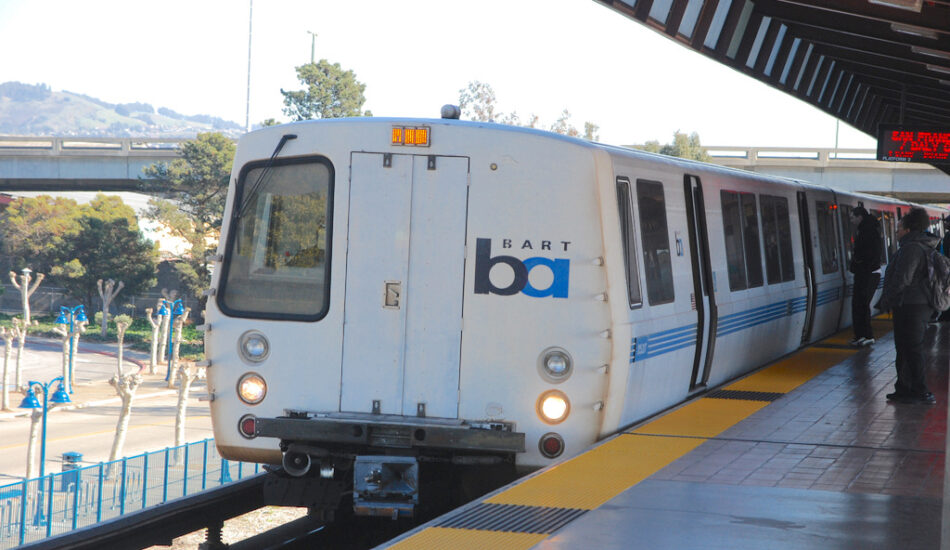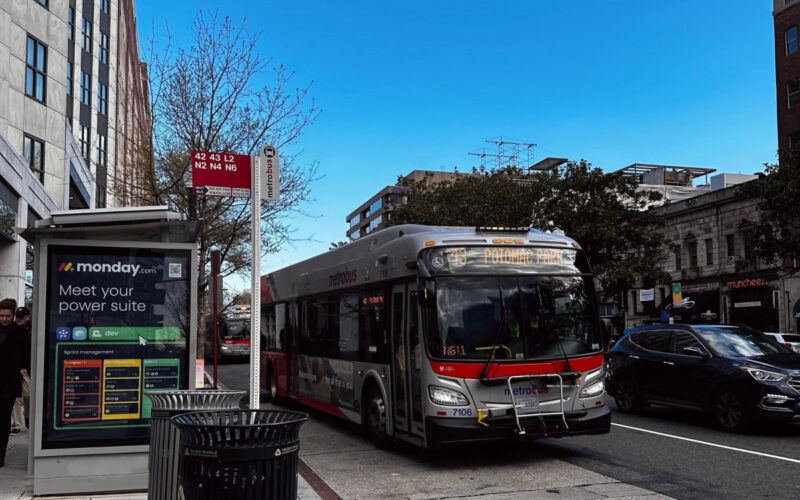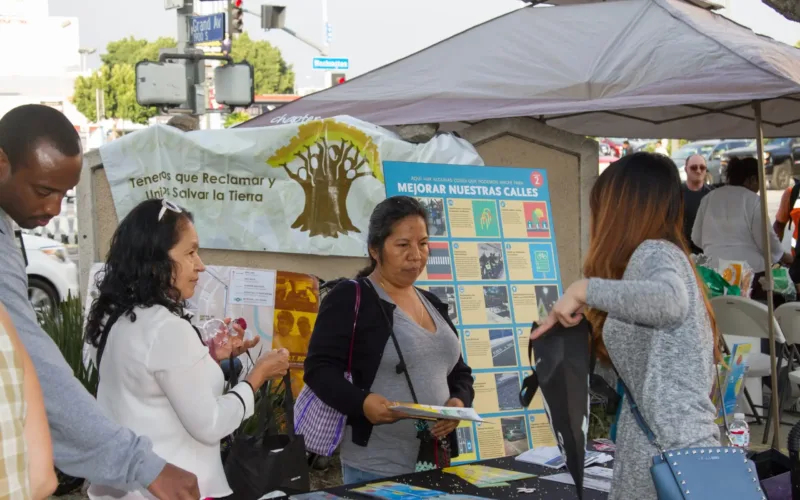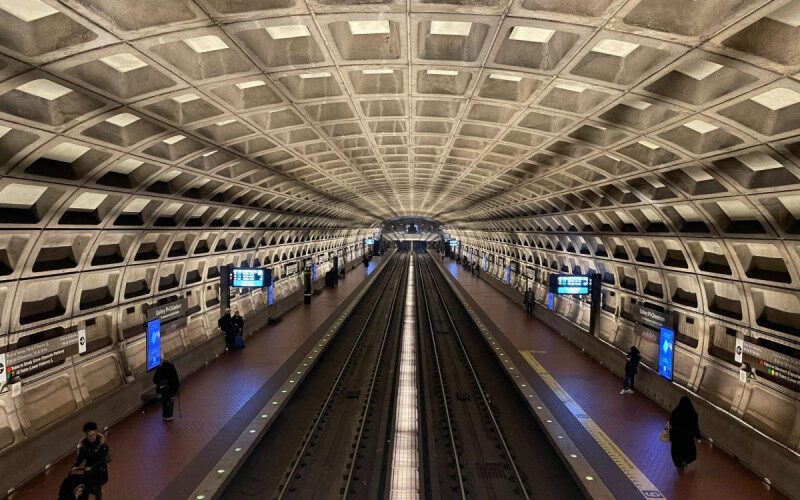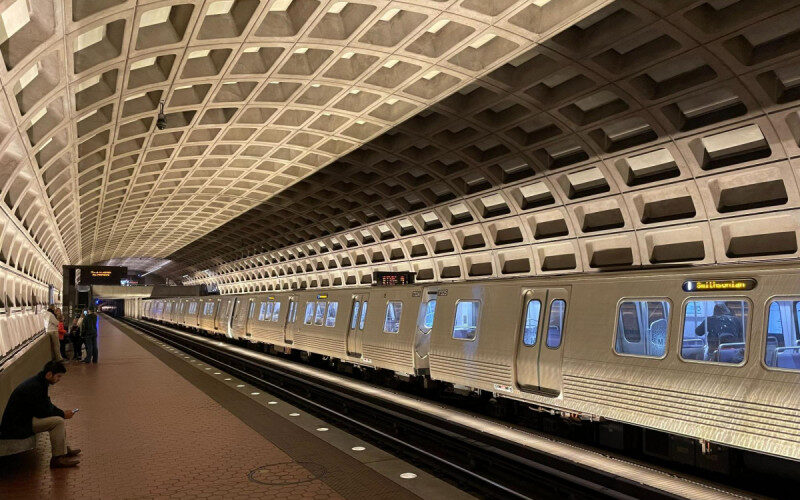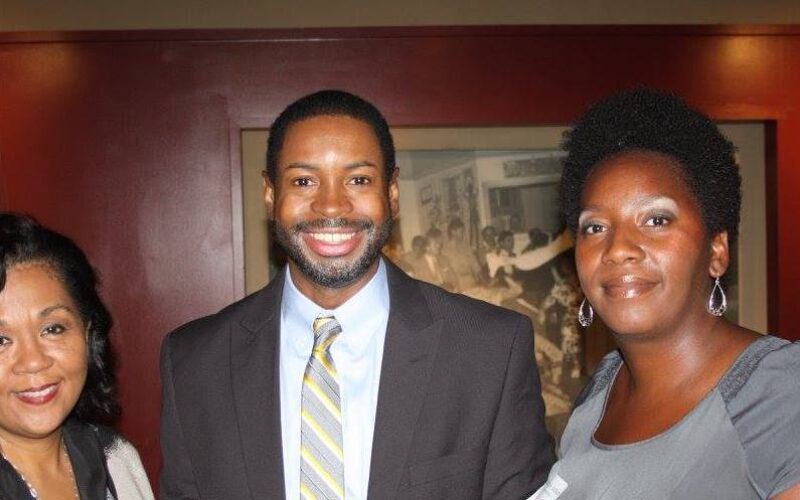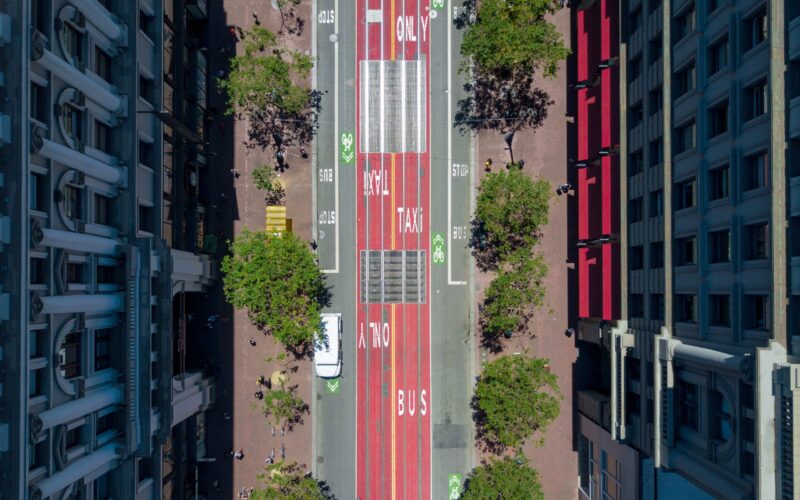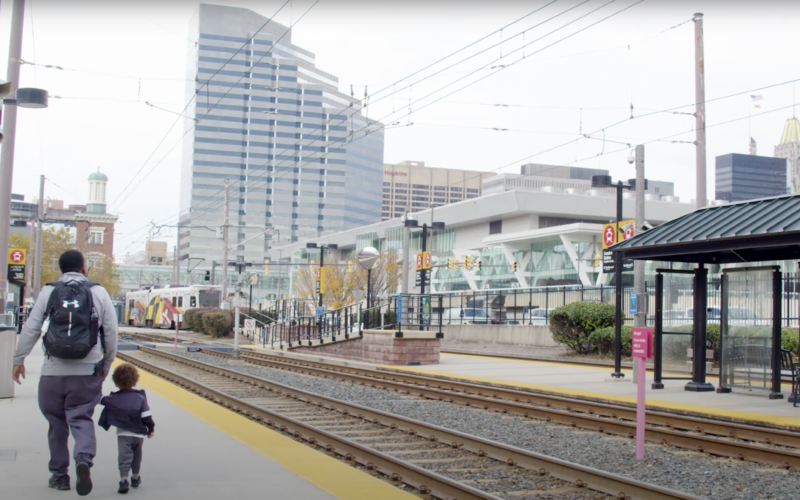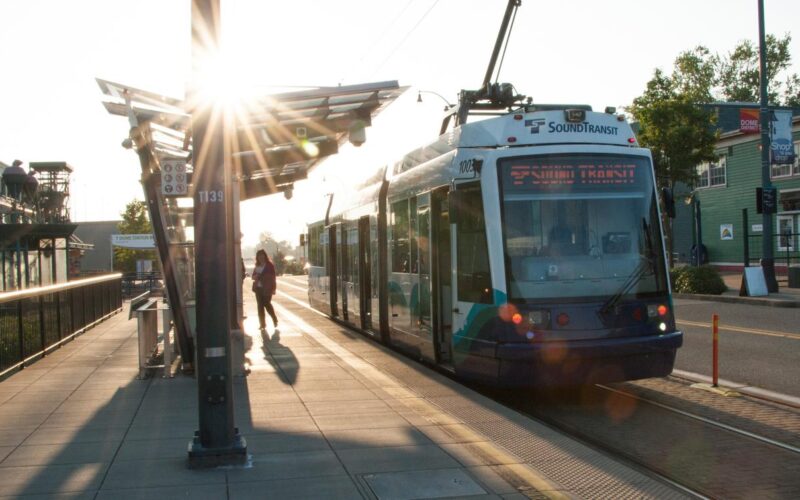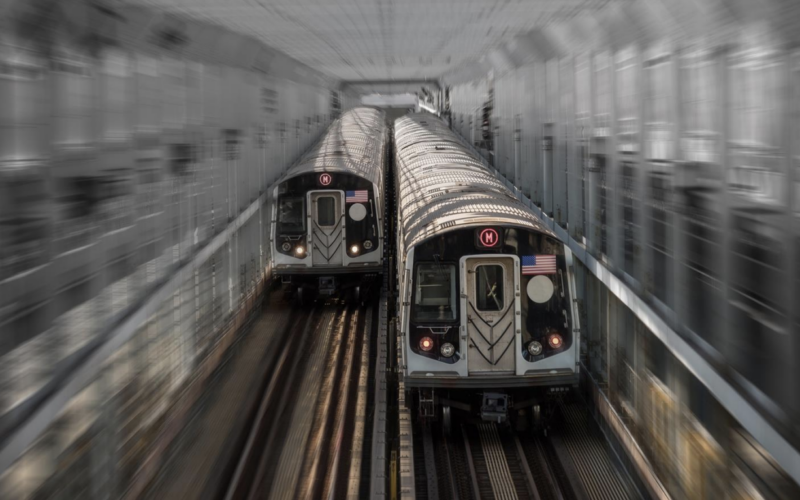Many transit agencies are facing looming budget shortfalls as federal relief money dries up and ridership has stabilized well below pre-COVID levels. Now is the moment to completely rethink how we fund transit.
Read MoreBy Wyatt Gordon Note: A version of this article was originally published by Greater Greater Washington, a nonprofit dedicated to...
In our new report, we reflect on what other agency practitioners can learn about community partnerships from LA Metro.
Read MoreBy Wyatt Gordon Note: A version of this article was originally published by Greater Greater Washington, a nonprofit dedicated to...
Read MoreThis is part one of a multipart series on WMATA’s fiscal cliff, which refers to the drastic shortage of funding to cover the costs of the region’s transit system from mid-2024 onwards
Read MoreThe TransitCenter board of trustees elected Fred Neal Jr. as Chair for the 2024-2025 term, effective as of December 13,...
A focus on car alternatives and better pedestrian infrastructure could save 6,000 lives and $259 billion each year.
Read MoreDallas Area Rapid Transit (DART) is one the few U.S. transit agencies that have made significant progress in recruitment and human resource practices.
This piece was co-authored by TransitCenter, the Central Maryland Transportation Alliance and Willem Klumpenhouwer, a public transit research consultant. The...
Read MoreMove Ahead Washington is a transformative shift from transportation plans and budgets that prioritized highways and cars to legislation that invested directly in transit agencies and multi-modal solutions.
Read MoreBy expanding public transportation and rail, and by planning our communities in ways that let people meet their needs with biking, walking, and shorter driving trips we can make the clean energy transition more achievable and affordable.
Read MoreThe new federal Greenhouse Gas Rule that will get us the information we need to make better transportation policy and funding decisions that will allow our families and communities to fully thrive.
Read MoreUrban Institute's latest report, "Surmounting the Fiscal Cliff," seeks to understand why transit agencies—unlike many other public services—continuously face fiscal instability.
Read More